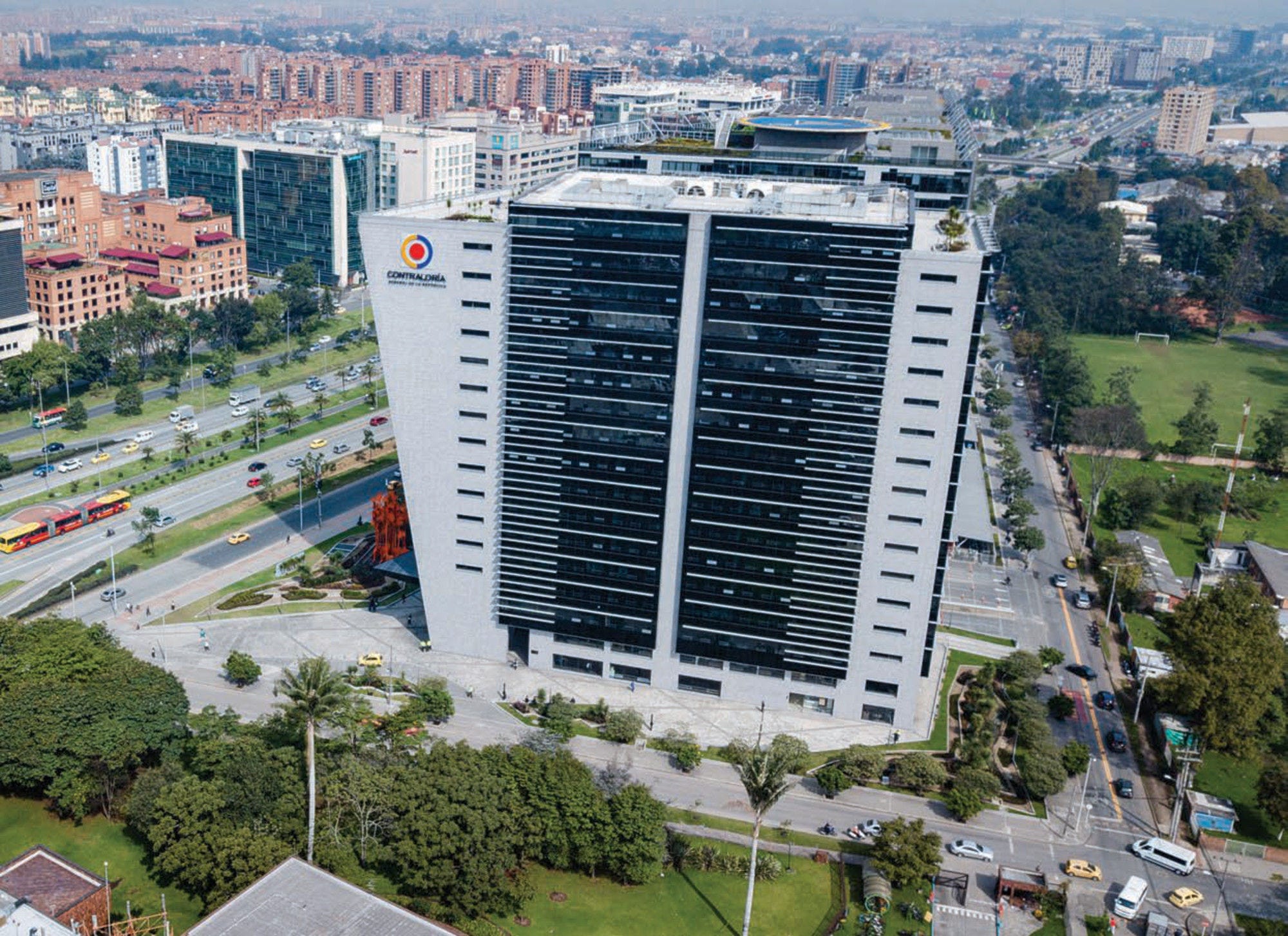The role of supreme audit institutions (SAIs) has gradually expanded beyond traditional fiscal control. In particular, SAIs can provide critical evidence on what works and what does not work in public governance, and thus inform and promote substantial improvements in public management whilst responding to a crisis of trust in many countries and increasingly complex socioeconomic contexts.
In Colombia, a constitutional reform approved in 2019 gave the Office of the Comptroller General of the Republic (CGR) a preventive and concomitant control function that allows identifying risks and red flags while projects and budgets are being executed. With this new mandate, the CGR can take measures in real time and issue “warnings” and “alerts” to public managers to allow them to take corrective actions, tackle fraud and corruption and thus to meet the expectations of citizens.
Ensuring the effective implementation of the preventive and concomitant control function is crucial to its success. This report reviews the reform and related efforts by the CGR. It identifies opportunities for improvement and explores the potential for building a modern and resilient control system that responds to present and future challenges.
